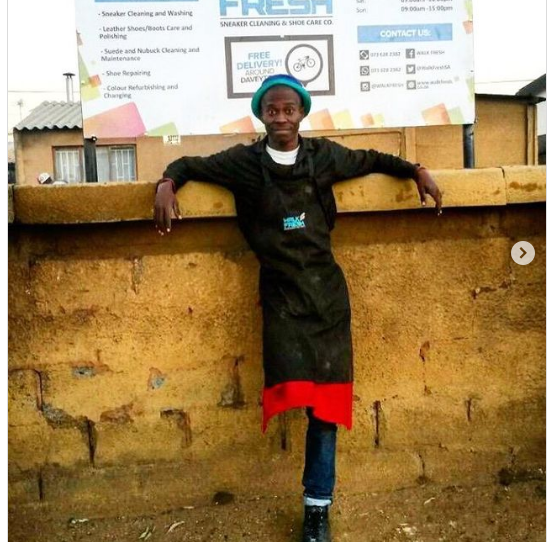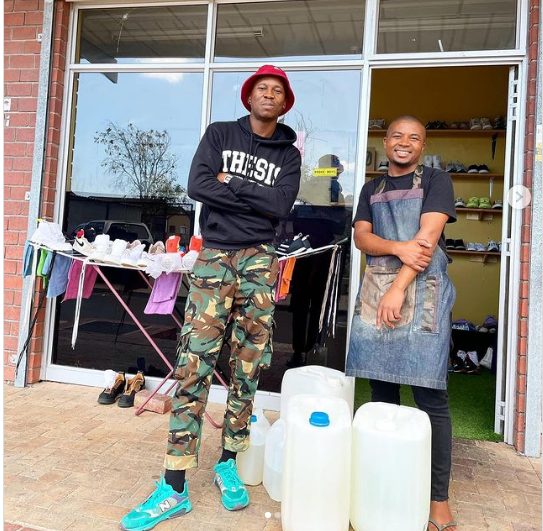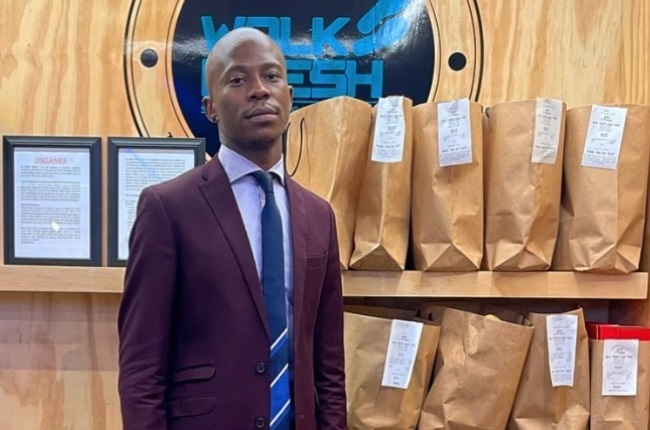Nothing was off limits for Lethabo Mokoena on his way to making his sneaker cleaning business a success, not even the sale of some of his favourite items.



He chats to Drum as he is making his way to the mall and says it was hard for him to return home to Daveyton and find so many of his childhood friends unemployed. He had been away studying towards a BA Corporate Communications degree at the University of Johannesburg.
“I was uncomfortable with the fact that because I had graduated and I was working, suddenly people I grew up with, who were my friends, wanted to refer to me at ‘grootman’ and them constantly asking for money. And it was not because they were not smart people, but there is just a lack of opportunities.”
One day, on his way back from work one day, he saw one of those friends cleaning his sneakers and asked if would consider cleaning sneakers for money and he agreed. And so Walk Fresh was born.
“I only had money for petrol for the rest of the month and I decided to buy a train ticket so I could commute to work and back and parked my car at home. I used the rest of the money to buy sneaker cleaning material.”
Read more | He decided he’d buy a new property every single year, and now the investor is in the big leagues
Within a week, they had cleaned about 50 pairs of sneakers. He employed four of his friends and continued working while he paid their salaries from his salary working in corporate.
“I even sold my couches, Diesel jeans and Jordans so that I could pay salaries.”“There are even people who buy sneakers, wear them until they are dirty and buy the same sneakers again because they like them so much but they do not know how to clean them.”
Within two years of starting the business, Lethabo quit his day job and focused on the side hustle that was quickly becoming his main.
Some of the challenges he faced included gaining the trust of his customers.
“Look, we were not exempt from any challenges that are experienced by start up companies. But we also had the added responsibility of pushing and promoting township entrepreneurship. People liked the idea, and the great branding but the township address made them doubt us.
“So we wanted to make sure that people knew they could trust us because some were worried what would happen if damaged their sneakers or we disappeared with them and those were fears that came with us being a township business.”
They had cash flow issues, as well as the access to the market and Lethabo says they had to create their own market.